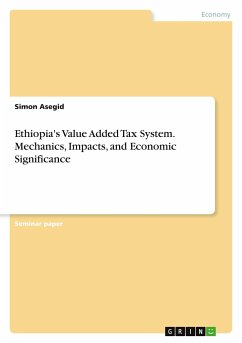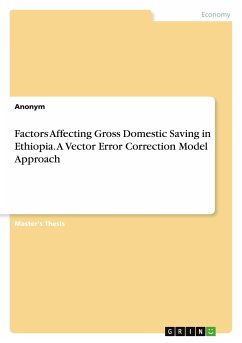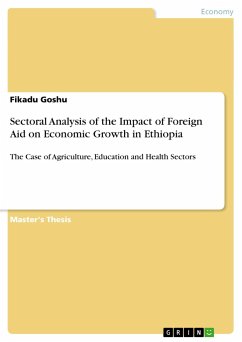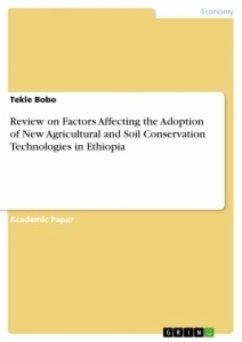Seminar paper from the year 2024 in the subject Economics - Finance, Addis Ababa University (Department of Public Administration and Development Management), course: Managing Public Finance, language: English, abstract: This study examines Ethiopia's Value Added Tax (VAT) system, its administration, impacts, and significance within the country's economic and public finance landscape. It analyzes how well the VAT system aligns with principles of good taxation, such as equity, efficiency, and revenue generation, and identifies key challenges. The study employs a qualitative approach, reviewing relevant literature, legal/policy documents, and secondary data to understand the theoretical foundations and administrative framework of VAT in Ethiopia. The data collection involved document analysis of reports on implementation challenges and case studies. The findings indicate that the adoption of VAT in 2003 was a key component of Ethiopia's domestic revenue reforms, aimed at reducing reliance on foreign aid and grants. VAT has played a significant role in mobilizing domestic resources to finance development priorities. However, the study also highlights administrative and integration challenges, such as compliance issues, exemptions, and the need to further strengthen tax administration capacity. The study provides recommendations to strengthen VAT collection and compliance, as well as address the identified challenges. These include improving taxpayer education and engagement, enhancing electronic invoicing and data-driven compliance management, and reviewing the VAT exemption structure to better align with principles of equity and efficiency. The analysis of Ethiopia's VAT system offers insights into the challenges and opportunities faced by developing countries in implementing effective consumption-based tax reforms to support sustainable development and public finance management.
Hinweis: Dieser Artikel kann nur an eine deutsche Lieferadresse ausgeliefert werden.
Hinweis: Dieser Artikel kann nur an eine deutsche Lieferadresse ausgeliefert werden.








